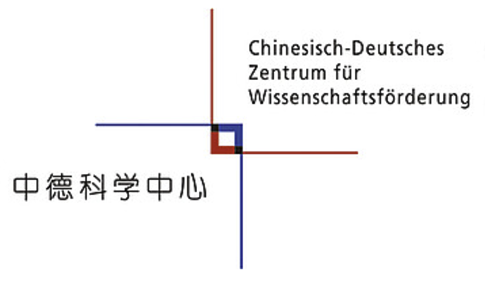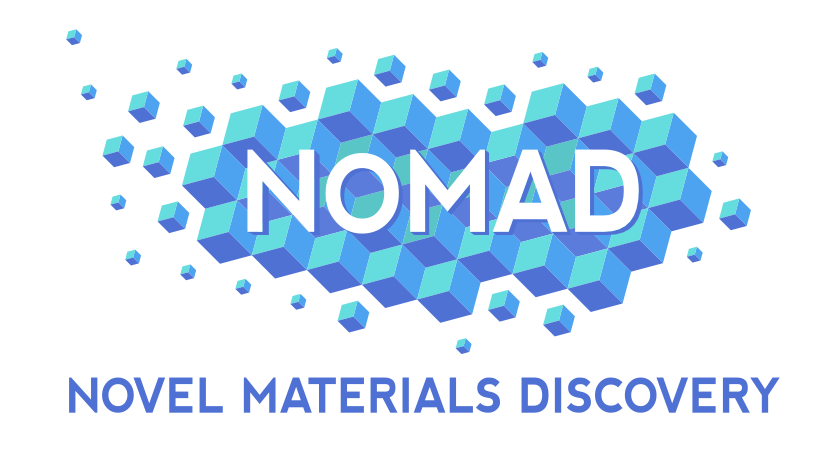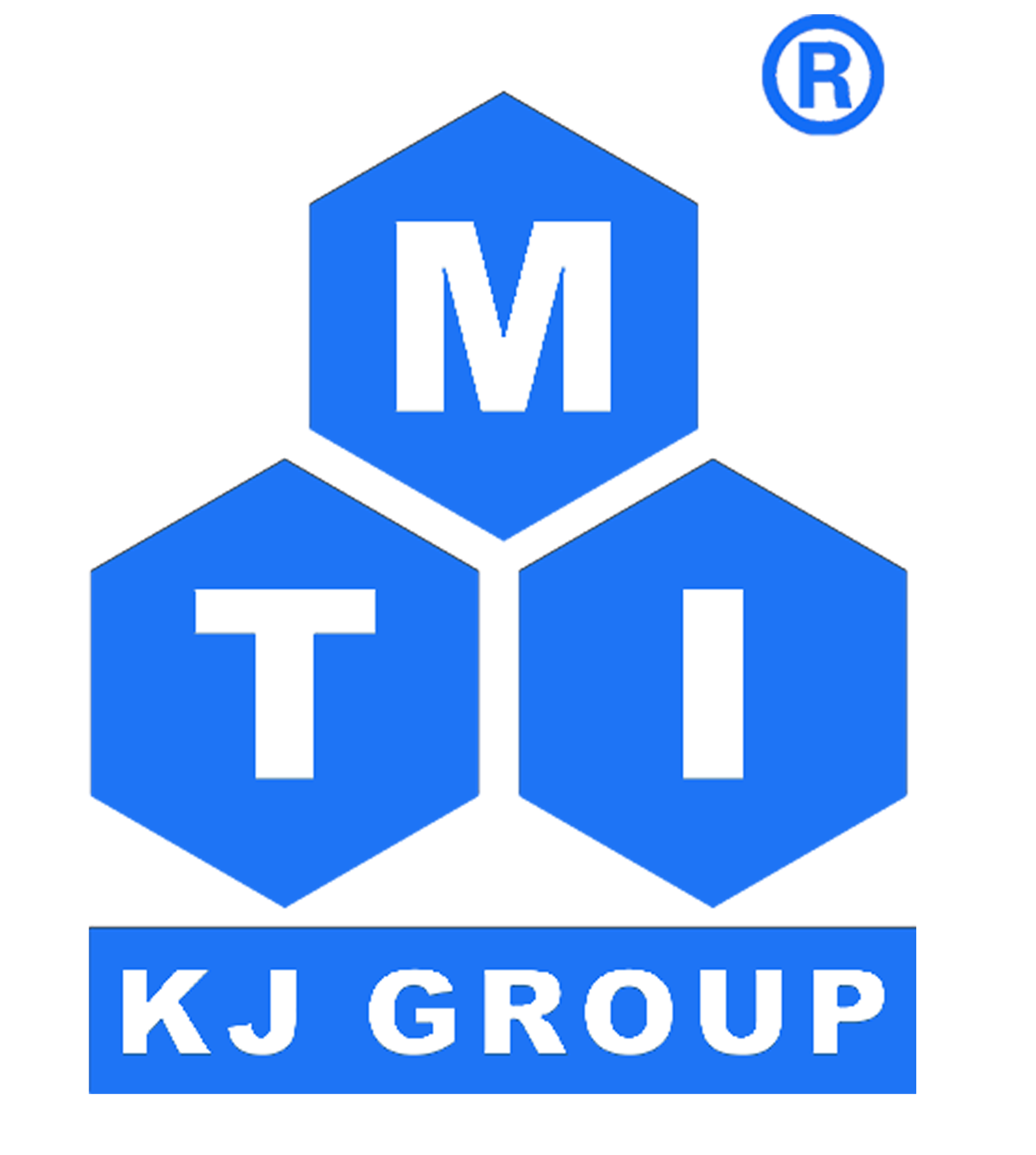Advancing Molecular Simulations with Machine-Learned Interatomic Potentials
Yangshuai Wang (王阳帅)
Department of Mathematics, National University of Singapore
The accuracy and efficiency of force fields are crucial for the success of molecular simulations. In recent years, machine-learned interatomic potentials (MLIPs) have emerged as a groundbreaking technique, bridging the significant gap between high-accuracy ab initio electronic structure models and classical mechanistic models. MLIPs have rapidly evolved and are now an integral part of the computational materials science toolbox, evidenced by numerous successful applications leading to novel scientific discoveries. In this talk, I will provide a comprehensive overview of state-of-the-art MLIPs, emphasizing their recent applications in materials science. I will begin with the Atomic Cluster Expansion (ACE) method, a linear model that offers exceptional predictive performance for small systems. I will discuss several variants of ACE and demonstrate their applications in twisted low-dimensional materials and metal-organic frameworks. To overcome the limitations of linear models, I will also introduce an advanced potential: the Message Passing Neural Networks (MPNN) potential based on ACE, known as MACE. MACE is specifically designed for complex systems, offering superior generalization and robustness. Additionally, I will present the latest foundation model, MACE-MP-0, built on the MACE architecture, highlighting its predictive power and the acceleration of predictions through fine-tuning for various material applications[1].
Ref.
[1] A foundation model for atomistic materials chemistry,
https://scholar.google.com/citations?view_op=view_citation&hl=zh-CN&user=MDfgwG0AAAAJ&citation_for_view=MDfgwG0AAAAJ:UebtZRa9Y70C
Dr. Runhai Ouyang (DCTMD2024@163.com)












